Test Bank For Brunner & Suddarth’s Textbook of Medical-Surgical Nursing 13th Edition
Test Bank For Brunner & Suddarth’s Textbook of Medical-Surgical Nursing 13th Edition
Brunner & Suddarth’s Textbook of Medical-Surgical Nursing 13th Edition Test Bank
Brunner & Suddarth’s Textbook of Medical-Surgical Nursing
Brunner & Suddarth’s Textbook of Medical-Surgical Nursing 13th Edition
| 1. | The public health nurse is presenting a health promotion class to a group of new mothers. How should the nurse best define health? | |
| A) | Health is being disease free. | |
| B) | Health is having fulfillment in all domains of life. | |
| C) | Health is having psychological and physiological harmony. | |
| D) | Health is being connected in body, mind, and spirit. | |
| Ans: | D | |
| Feedback: | ||
| The World Health Organization (WHO) defines health in the preamble to its constitution as a “state of complete physical, mental, and social well-being and not merely the absence of disease and infirmity.” The other answers are incorrect because they are not congruent with the WHO definition of health. | ||
| 2. | A nurse is speaking to a group of prospective nursing students about what it is like to be a nurse. What is one characteristic the nurse would cite as necessary to possess to be an effective nurse? | |
| A) | Sensitivity to cultural differences | |
| B) | Team-focused approach to problem-solving | |
| C) | Strict adherence to routine | |
| D) | Ability to face criticism | |
| Ans: | A | |
| Feedback: | ||
| To promote an effective nurse-patient relationship and positive outcomes of care, nursing care must be culturally competent, appropriate, and sensitive to cultural differences. Team-focused nursing and strict adherence to routine are not characteristics needed to be an effective nurse. The ability to handle criticism is important, but to a lesser degree than cultural competence. | ||
| 3. | With increases in longevity, people have had to become more knowledgeable about their health and the professional health care that they receive. One outcome of this phenomenon is the development of organized self-care education programs. Which of the following do these programs prioritize? | |
| A) | Adequate prenatal care | |
| B) | Government advocacy and lobbying | |
| C) | Judicious use of online communities | |
| D) | Management of illness | |
| Ans: | D | |
| Feedback: | ||
| Organized self-care education programs emphasize health promotion, disease prevention, management of illness, self-care, and judicious use of the professional health care system. Prenatal care, lobbying, and Internet activities are secondary. | ||
| 4. | The home health nurse is assisting a patient and his family in planning the patient’s return to work after surgery and the development of postsurgical complications. The nurse is preparing a plan of care that addresses the patient’s multifaceted needs. To which level of Maslow’s hierarchy of basic needs does the patient’s need for self-fulfillment relate? | |
| A) | Physiologic | |
| B) | Transcendence | |
| C) | Love and belonging | |
| D) | Self-actualization | |
| Ans: | D | |
| Feedback: | ||
| Maslow’s highest level of human needs is self-actualization, which includes self-fulfillment, desire to know and understand, and aesthetic needs. The other answers are incorrect because self-fulfillment does not relate directly to them. | ||
| 5. | The view that health and illness are not static states but that they exist on a continuum is central to professional health care systems. When planning care, this view aids the nurse in appreciating which of the following? | |
| A) | Care should focus primarily on the treatment of disease. | |
| B) | A person’s state of health is ever-changing. | |
| C) | A person can transition from health to illness rapidly. | |
| D) | Care should focus on the patient’s compliance with interventions. | |
| Ans: | B | |
| Feedback: | ||
| By viewing health and illness on a continuum, it is possible to consider a person as being neither completely healthy nor completely ill. Instead, a person’s state of health is ever-changing and has the potential to range from high-level wellness to extremely poor health and imminent death. The other answers are incorrect because patient care should not focus just on the treatment of disease. Rapid declines in health and “compliance” with treatment are not key to this view of health. | ||

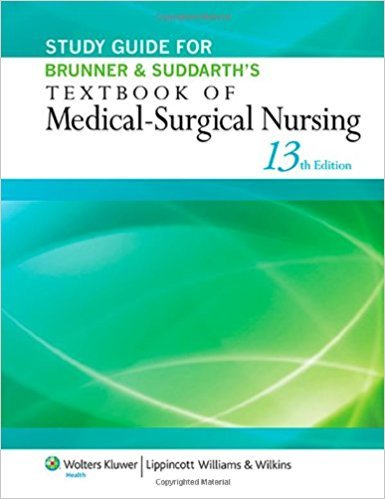

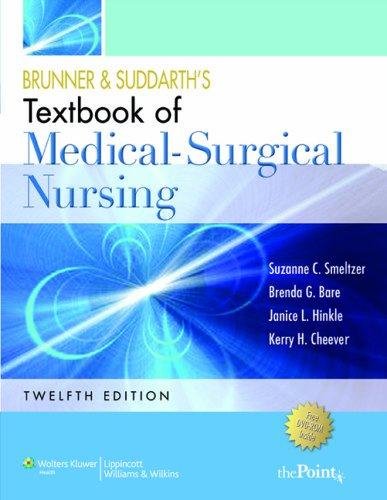

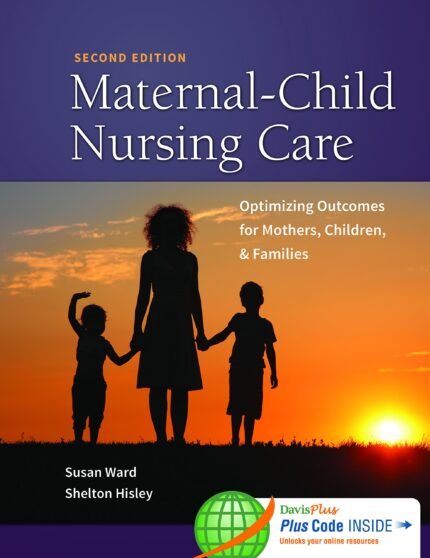
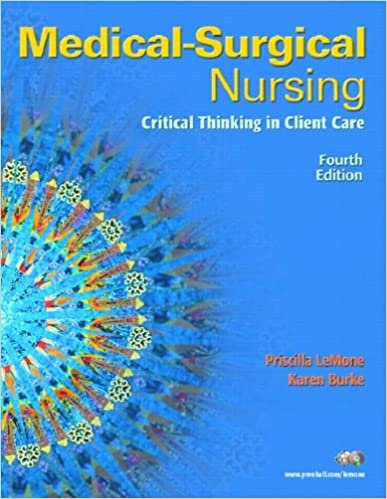
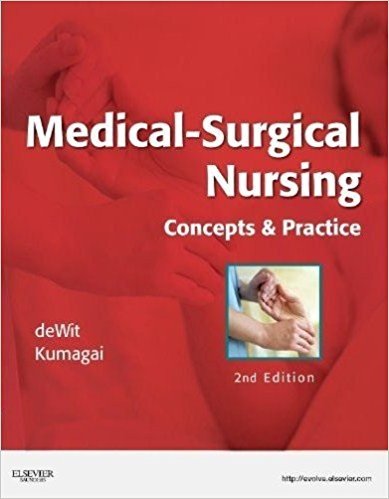
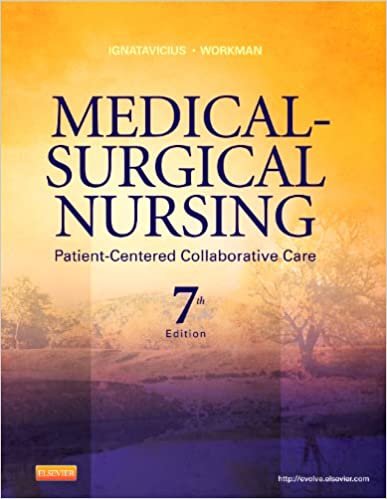
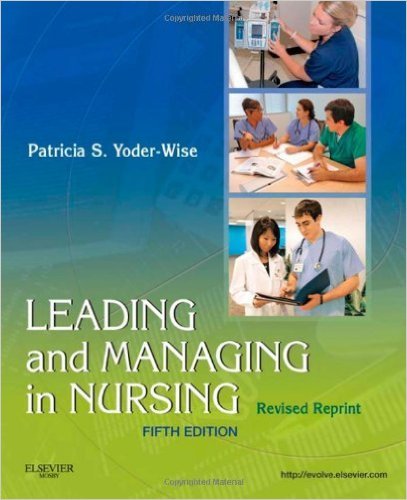
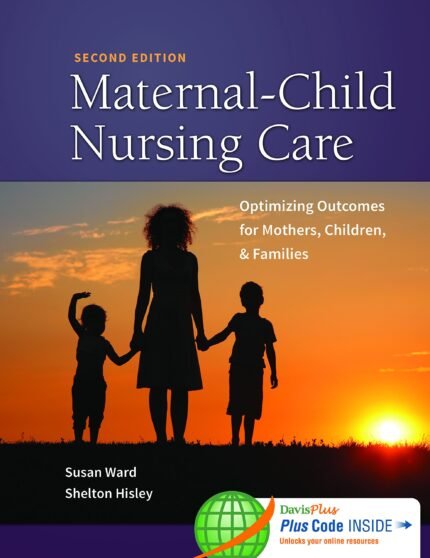

Reviews
There are no reviews yet.